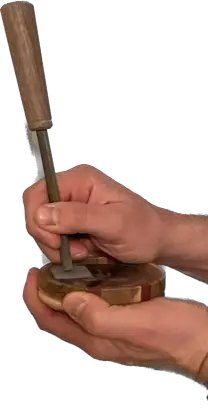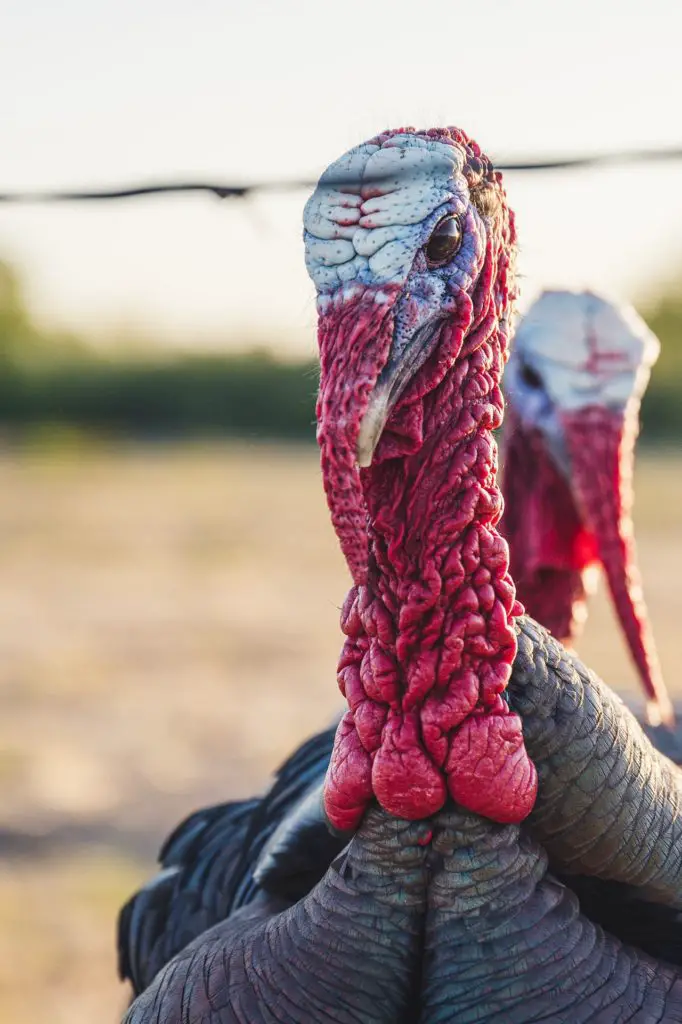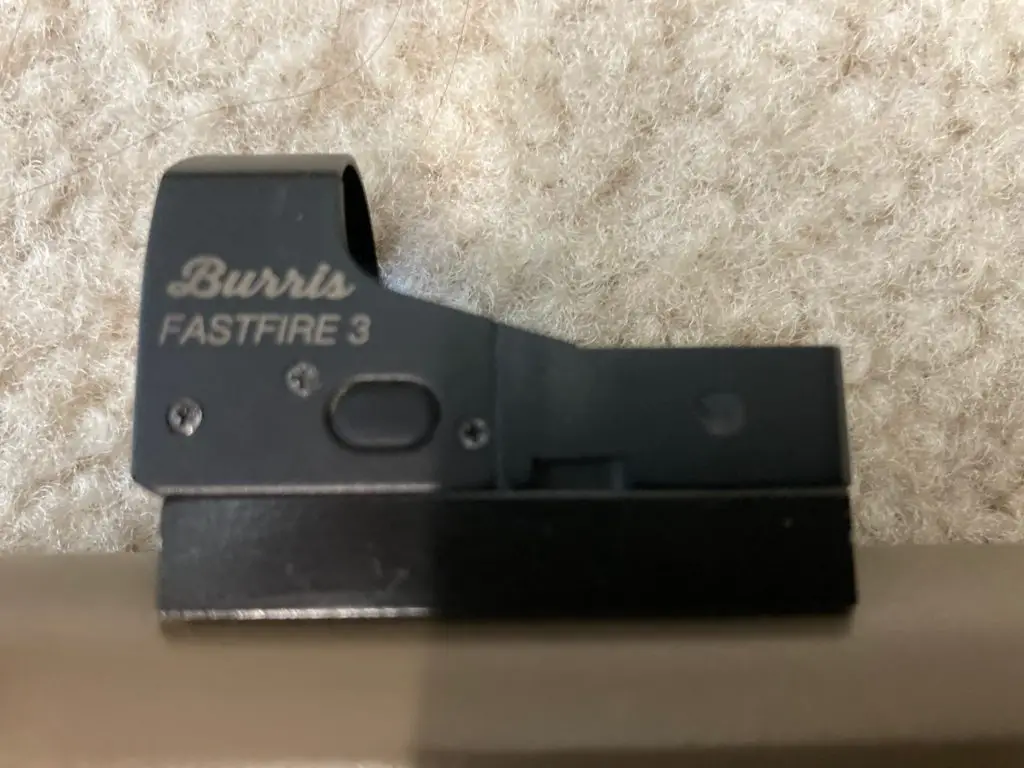
If you hang around any custom call makers or passionate turkey call collectors you will likely hear them talk about DymondWood (commonly misspelled as “Diamondwood”). There are a number of one and two-piece strikers out there made of DymondWood as well as a number of strikers made to look like they are made of Dymondwood.
So what is all this excitement around this wood? Is it actually made from diamonds? Let’s talk about what DymondWood is, why it makes a great striker, and what other alternatives there are to it.

What is DymondWood?
DymondWood is a laminated birch veneer that was made by Rutland Plywood. Produced in a variety of colors, it was renowned for its hardness and consistency. It is used not only for turkey call strikers but also for billiard cues, duck calls, knife handles, pistol grips, bow handles, musical instruments, and many other artistic ventures.
In 2014, the Rutland Plywood Corporation’s factory in Rutland, Vermont was completely destroyed in a massive fire. This tragedy means that the “original dymondwood” is no longer produced. It has now become a commodity amongst call makers who had stocked up before the fire.
As call makers continue to use up their stores of DymondWood, prices for these strikers keep going up. Collectors and turkey hunters want to get their hands on them before they become even harder to find. While many collectors still have dowels for two-piece strikers, DymondWood blanks for producing one-piece strikers are very rare.
Why does DymondWood make such a good striker?
Many turkey call makers and old-time hunters swear that you can’t find another striker as good as a DymondWood striker. Ironically, DymondWood does not make a great material for the actual pot call itself.
There are several reasons that DymondWood makes a great striker material. As mentioned above, it is very hard. Additionally, it is a dense material. And because it is a laminate, you get more consistency from it than you would from a natural wood which can vary from specimen to specimen.
Dymondwood acts very much like a natural wood when run on a pot call. All of these qualities result in good friction on a pot call surface and a high-quality sound. The DymondWood striker grips almost any surface well. Wet or dry, you can count on a DymondWood striker to generate quality yelps and clucks.
Though it won’t make any difference to the turkeys it fools, DymondWood is really cool looking. It comes in a variety of colors. Some people even claim that some colors sound better than others.

Are there any alternatives to Dymondwood?
Fortunately, several companies have stepped up to make a product similar to the original DymondWood. While none are exactly the same, there are some that are very close. You can find quality strikers made from the following laminates.
- Dymalux– Like DymondWood, Dymalux is a birch laminate, veneer. Many believe it is the closest you can get to the original. Maybe even heavier than the DymondWood, it makes for a good striker as well. However, it is a bit slicker on pot call surfaces than the original.
- Spectraply- This is a much lighter product than the DymondWood or Dymalux. It is made of yellow birch, but my understanding is that the process of manufacturing it is a little different from the Dymalux and DymondWood. As you might imagine, it is a higher-pitched tone when played as a striker on a pot call than the others.
- Webbwood– This Dymondwood substitute is manufactured in a variety of different densities to suit many different needs.
- Frogwood– This birch laminate is made in the USA. Many find it a suitable replacement for the DymondWood striker.
Conclusion
If you are an aspiring turkey call collector, don’t wait to purchase a DymondWood striker. They are only going to get harder and harder to come by. If you already own one, don’t leave it by a tree the next time you get excited calling to a gobbler.
While the alternative products may not offer the exact same attributes as the original, they are still worth trying out. Hit up your favorite call maker to see what options they are offering for a birch laminate veneer. It just might become your new favorite striker.


